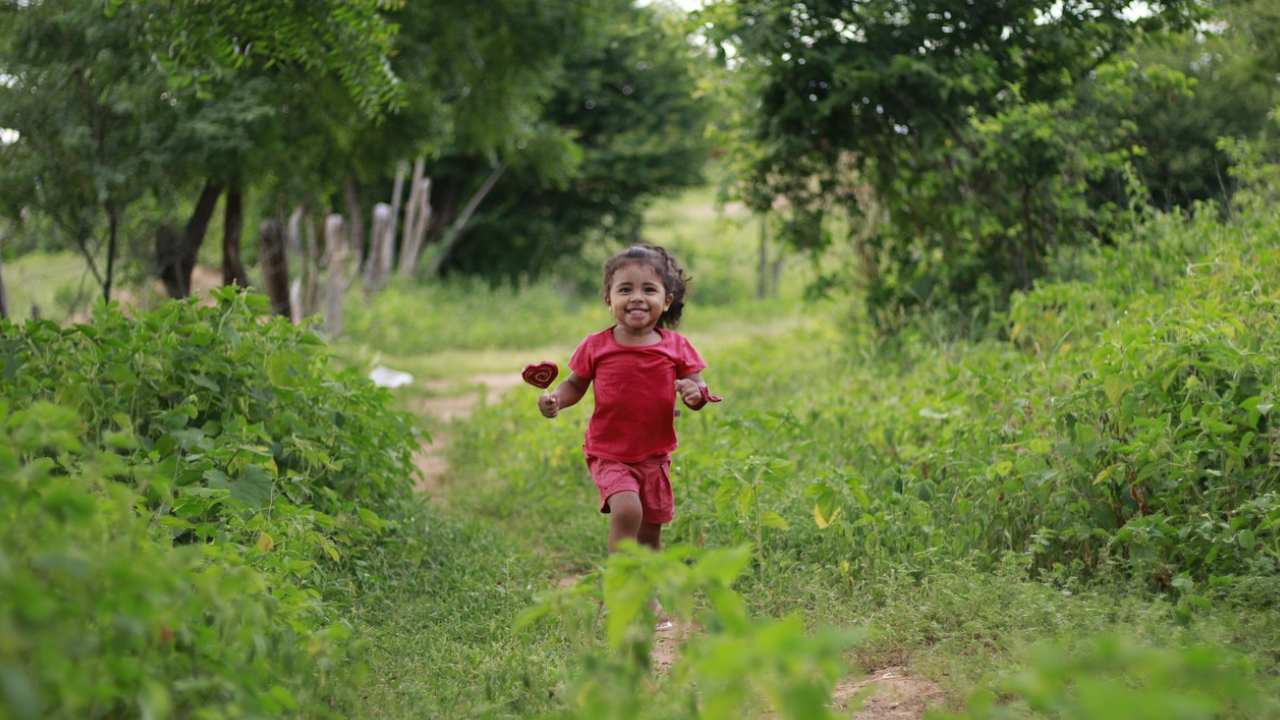According to the World Health Organization, more than 13 million deaths a year are attributed to preventable causes linked to the environment. “The climate crisis is a health crisis. The same unsustainable choices that are killing our planet are killing people,” said WHO Director-General Tedros Adhanom Ghebreyesus.
Amid the pandemic, a polluted planet and rising cases of cancer, coronary heart disease and asthma, the WHO says urgent action must be taken to promote a mindset of health and well-being for all.
On this World Health Day, WHO calls on governments around the world to prioritise human well-being in all decisions, suspending fossil fuel explorations and subsidies and implementing air quality guidelines in their cities.
The United Nations health agency has warned that the extreme weather events, biodiversity loss, land degradation and water scarcity are displacing people and affecting health, while pollution and plastic under the world’s deepest oceans and high mountains are increasing and entering the human food chain and bloodstream.
Additionally, systems that produce highly processed and unhealthy foods and beverages are leading people to obesity, increasing cancer and heart disease, and producing up to a third of global greenhouse gas emissions leading to the greenhouse effects.
According to the WHO, these health and social crises compromise people’s health.
The World Health Organisation marked its founding day by launching the Our Planet, Our Health campaign, which re-imagines and re-prioritises resources to create healthier societies.
“We need transformative solutions to wean the world off its addiction to fossil fuels, to reimagine economies and societies focused on well-being, and to safeguard the health of the planet on which human health depends,” the WHO Director-General underscored.
Through its World Health Day campaign, WHO is calling on governments, organisations, corporations and citizens to share actions they are taking to protect the planet and human health.


























